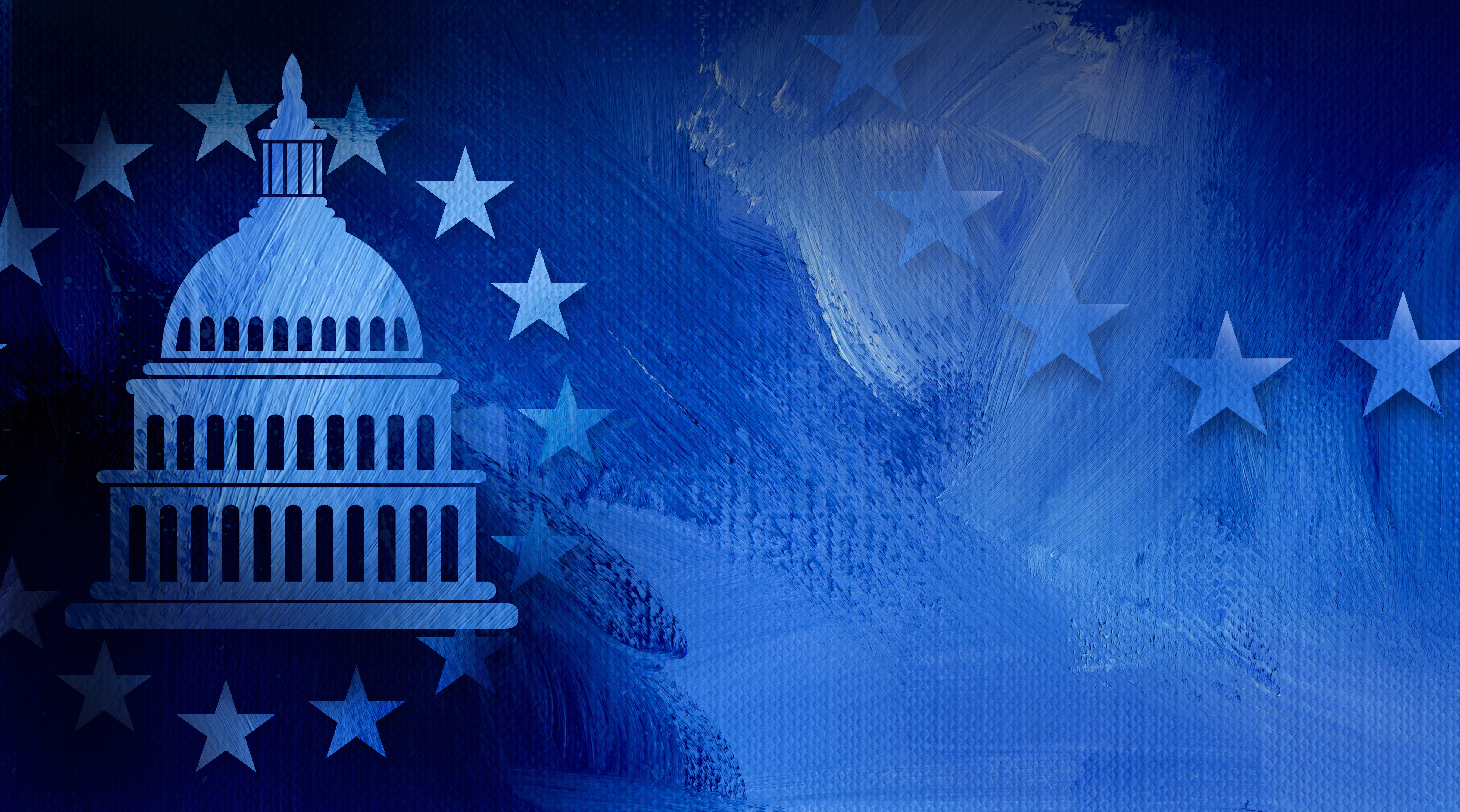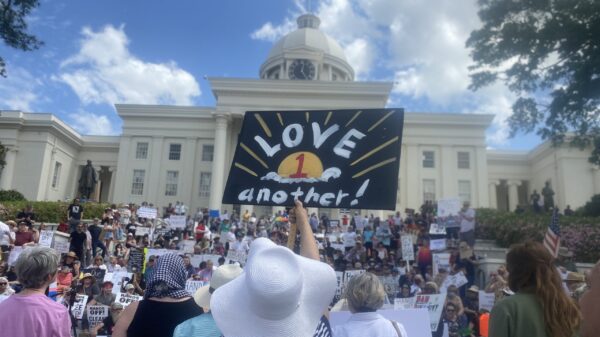On Saturday, Republicans sent word to Senate Minority Leader Chuck Schumer, D-New York, that they have agreed to an agreement worked out by Schumer and Sen. Pat Toomey, R-Pennsylvania, on language to curtail the Federal Reserve’s special lending authority. This final roadblock allows Congress to pass a coronavirus relief deal and omnibus spending package.
While the stock market is doing well, many small businesses have struggled this year and may close in the coming months without some sort of relief package.
“Main Street is the lifeblood of our local economy,” said Sen. Doug Jones, D-Alabama. “These small businesses have worked hard, doing their part to stay open & keep their employees & customers safe. Now it’s our turn as Congress to do our part & pass COVID relief.”
Much to everyone’s exasperation, the coronavirus situation has only grown worse.
“Hospitals are at capacity, the death toll is rising and health experts warn that this virus will only get worse,” Congresswoman Terri Sewell, D-Alabama, said. “The American people need a bold and comprehensive relief package NOW!”
According to data collected by the website Worldometer, 5,767,540 Americans have been diagnosed with the novel strain of the coronavirus, SARS-CoV-2, since Nov. 20, and 63,139 have died. That is by far the highest number of cases and deaths that the U.S. has experienced in any previous 30 day period thus far in the pandemic.
The compromise closes four Federal Reserve credit lending facilities created by the CARES Act and repurposes $429 billion in unspent CARES Act funding as an offset for the new $900 billion coronavirus relief bill. Treasury Secretary Steve Mnuchin has agreed to return the unspent $429 billion to the general fund.
Schumer told reporters that both the House and Senate will vote on a combination of a $900 billion coronavirus relief bill and a $1.4 trillion omnibus spending bill Sunday.
The package includes direct stimulus checks of $600. President Donald Trump wanted to do $2,000 checks. Many GOP Senators had wanted to do no direct stimulus checks, and the bipartisan coronavirus relief bill proposed earlier in the month had no direct stimulus check at all.
“Why isn’t Congress giving our people a Stimulus Bill?” Trump said on Twitter. “It wasn’t their fault, it was the fault of China. GET IT DONE, and give them more money in direct payments.”
If the deal passes, it would avoid a government shutdown. On Friday, Congress passed an agreement keeping the government funded two more days to give negotiators time to finish this deal.
Democrats in the House passed the $3.4 trillion HEROES Act in May. That was too large for Senate Republicans. The White House countered with a $1.8 trillion package before the election, but that was rejected by Democratic negotiators. House Democrats came back with a $2.2 trillion proposal that Republicans would not support. Senate Republicans then tried to pass a $540 billion “skinny” relief bill that Senate Democrats blocked. A bipartisan group of moderates proposed a $904 billion deal earlier in December. The two sides agreed on the size of the package, but have changed a number of details in that deal.
Congress has passed a number of short-term funding measures to keep the government from shutting down. The omnibus spending bill will keep the government funded well into 2021.



















































